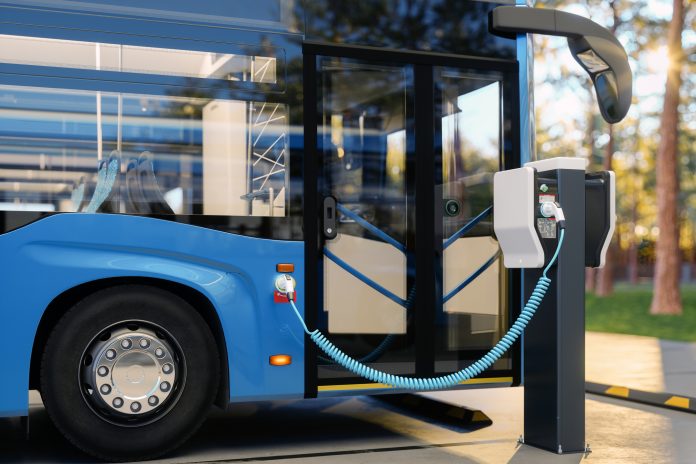The £37.8 million funding aims to deliver 319 green buses, offering more affordable travel for passengers and supporting net-zero goals
As part of the government’s Plan for Change, investing in green buses will create engineering, construction and green manufacturing jobs and boost regional economies. Whilst also offering passengers cleaner and more affordable travel options.
319 zero-emission green buses will hit the roads soon
The £37.8m investment will be topped up by at least £3 of private investment for every £1. The funding has been allocated to 12 successful local authorities across England, following a bidding process to expand green bus fleets. Passengers will see more zero-emission buses on the roads by spring 2027.
This announcement follows changes to the Zero Emission Vehicle (ZEV) Mandate, including increasing flexibility of the mandate up to 2030 and allowing hybrid vehicles to be sold until 2035, all to support UK electric vehicle (EV) manufacturers.
Green buses: Delivering electric bus infrastructure to local councils
The local transport minister, Simon Lightwood, visited Hull to see how the funding would improve passengers’ journeys and discuss how engineering and construction jobs would be created locally.
Local Transport Minister Simon Lightwood said: “I’m thrilled to announce this £38 million investment, which will deliver 319 new zero-emission buses to communities across England by 2027. This funding will not only make bus travel cleaner, greener and more comfortable, but it will deliver on our Plan for Change, creating jobs, supporting local economies, and accelerating our journey towards a zero-emission future.
By backing local councils and UK manufacturers, we are putting the power in the hands of communities, while helping to deliver on our vision of a sustainable, green transport network.
From Hull to Hove, there’s an electrifying future for our buses.”
Nottinghamshire County Council will benefit from £2.6 million to launch 42 new electric buses; Hull City Council will receive £3.9 million to provide 42 vehicles; and the West of England Combined Authority will receive nearly £20 million for 160 buses.
This funding comes from the Zero Emission Bus Regional Area 2 (ZEBRA 2) programme, which funded 995 zero-emission buses.
Matt Cranwell, Stagecoach East Midlands Managing Director, said: “Stagecoach prides itself on the importance of putting sustainability at the core of our business strategy. We’re delighted to be working with local authorities and the government to invest in a further 78 new electric buses to play our part in improving air quality in those regions where we operate.
This new government funding, supported by significant investment by bus operators, will play a key role in Stagecoach’s transition to green bus fleets, helping us to meet our goal of having a zero emission UK bus fleet nationally, by 2035.”
Investing in UK firms
The government is focused on supporting UK-based manufacturers. 60% of buses funded by previous ZEBRA investments are procured from domestic firms, supporting highly skilled jobs and growing regional economies to improve living standards.
Matt Carney, CEO of Go-Ahead Bus, said: “We’re very grateful to the Department of Transport for this continued partnership. Together, we’re investing in even more zero-emission buses so customers across the UK can access cleaner, greener public transport. This funding will support new zero-emissions buses in Hull, Salisbury, Brighton and Hove, Plymouth and Isle of Wight.”











